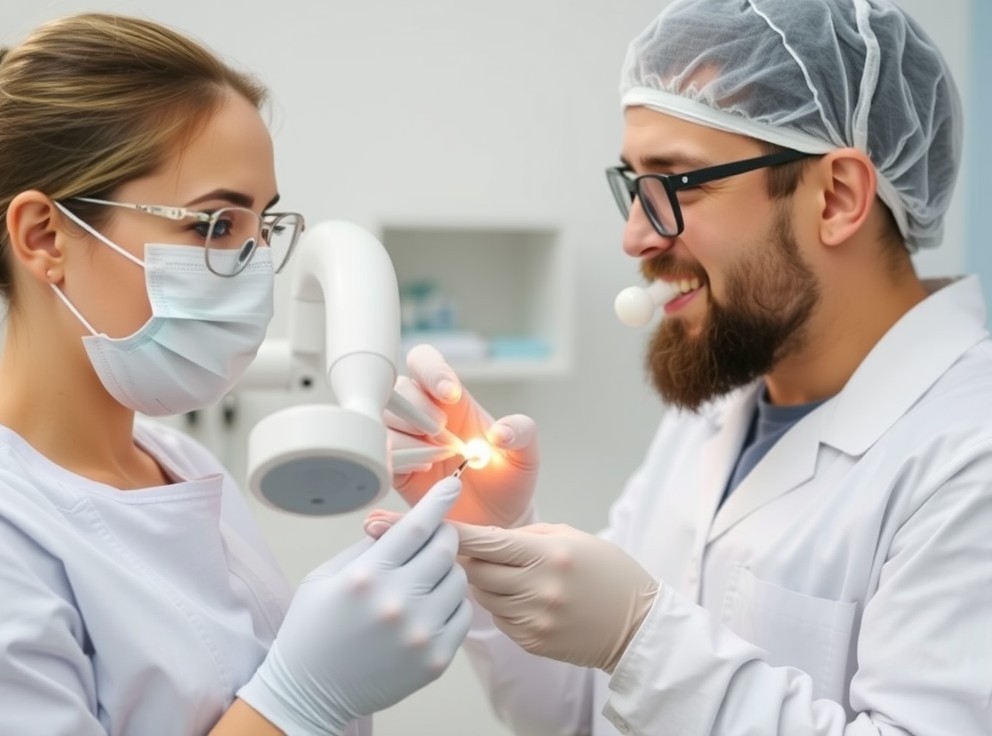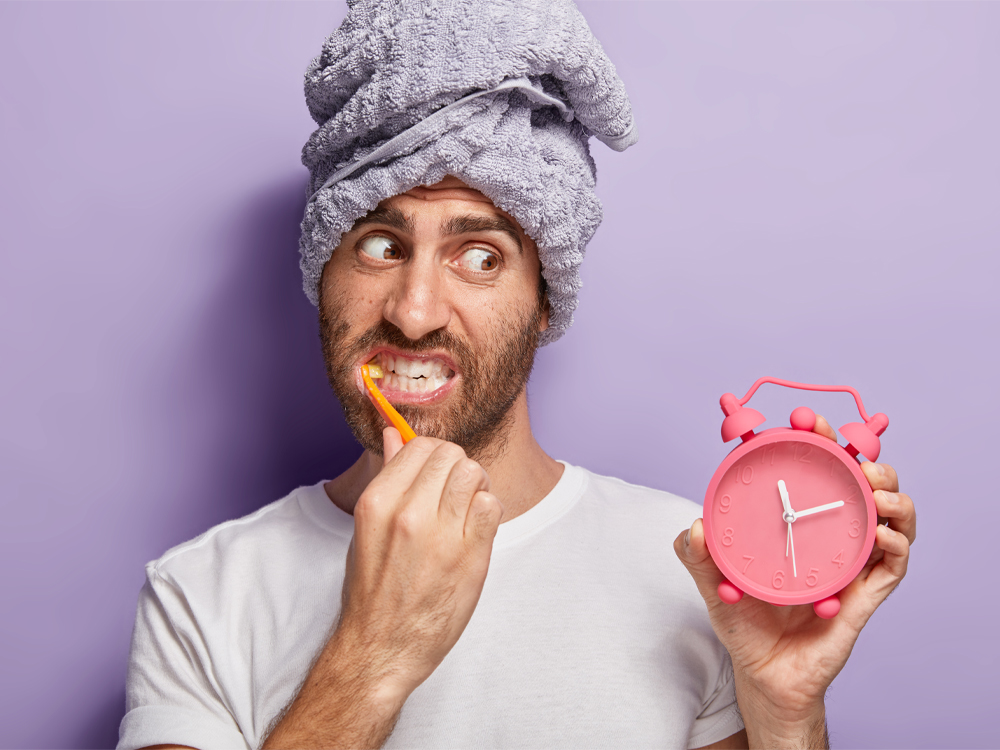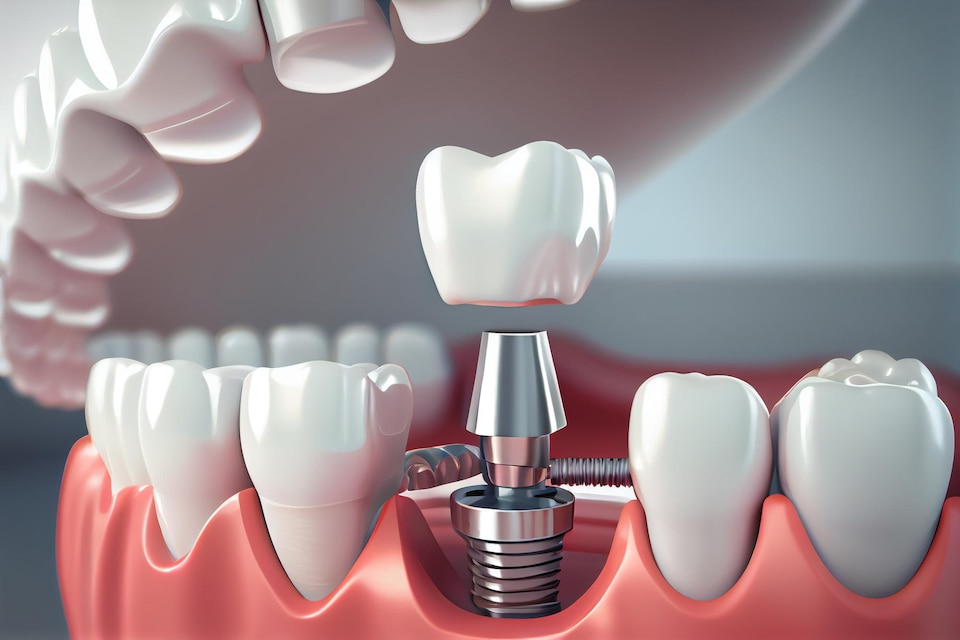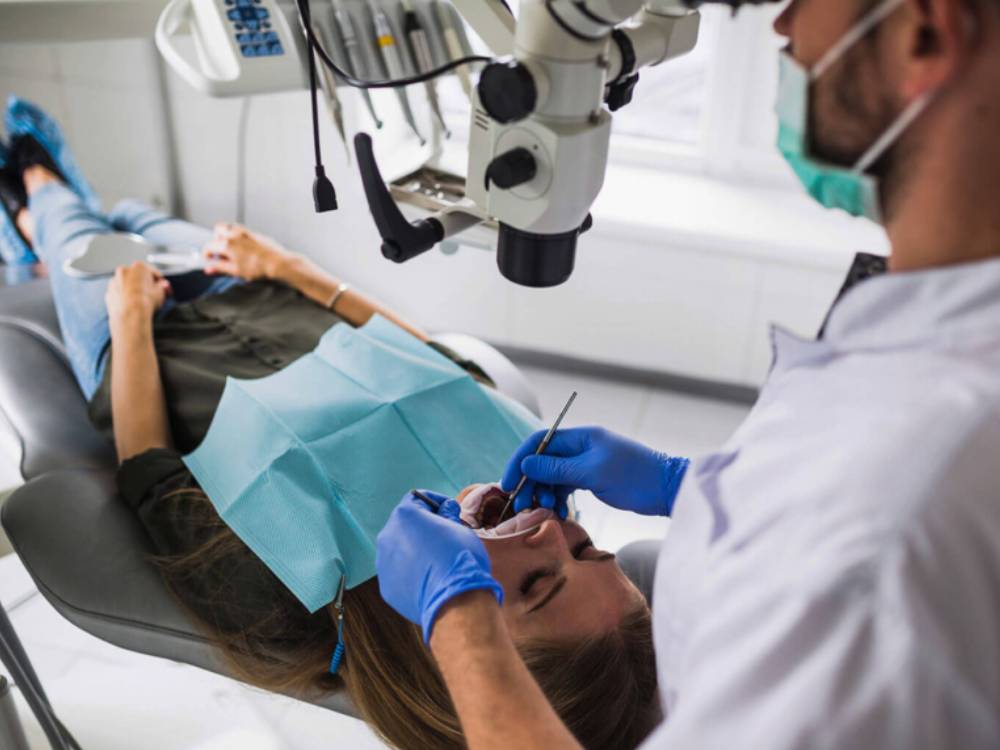Everything You Need to Know About Teeth Cleaning: Costs, Check-Ups, and Finding a Dental Exam Near You

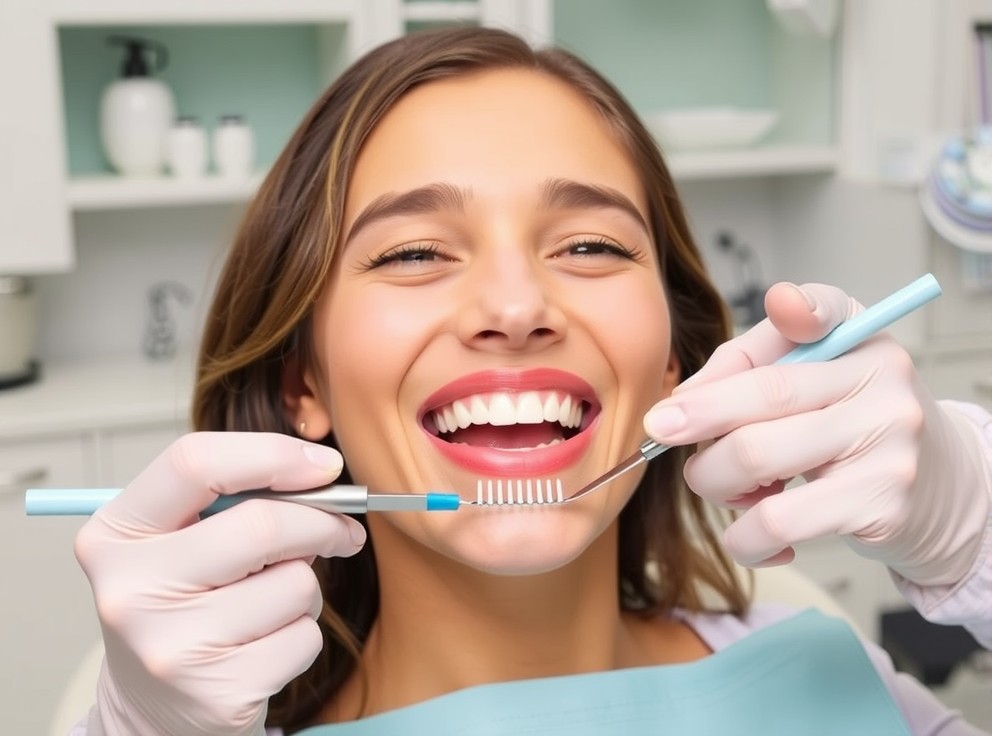
Everything You Need to Know About Teeth Cleaning: Costs, Check-Ups, and Finding a Dental Exam Near You
Estimated reading time: 7 minutes
Key Takeaways
- Professional teeth cleaning removes plaque and tartar regular brushing can’t eliminate.
- Routine check-ups help detect oral issues early and save on future costs.
- Costs vary by location and services; many insurances cover two preventive visits per year.
- Frequency of cleanings typically every six months, but may be shorter for high-risk cases.
- Finding a dentist involves checking reviews, services offered, and insurance coverage.
Table of Contents
- What Is Teeth Cleaning?
- Benefits of Regular Teeth Cleaning
- What to Expect in a Routine Dental Check-Up
- Understanding Dental Cleaning Cost
- How Often Should You Schedule a Teeth Cleaning?
- Finding a Dental Exam Near Me
- Beyond Cleaning: Comprehensive Oral Health Check-Up Services
- Tips for Maintaining Oral Health Between Visits
What Is Teeth Cleaning?
Teeth cleaning performed by a professional is vastly different from your home-based oral health routine. Utilizing devices like ultrasonic scalers and hand tools, dental professionals can efficiently remove tartar and bacterial buildup that regular brushing and flossing can’t reach. This often takes place after a thorough oral health check-up. While keeping up with daily brushing and flossing is crucial, these practices alone are insufficient to fully prevent long-term dental problems.
Benefits of Regular Teeth Cleaning
- Plaque and Tartar Removal: Regular professional cleaning helps prevent cavities and gum disease by removing buildup that daily brushing can’t.
- Early Detection: Visits to your dentist enable them to diagnose early signs of oral issues, such as cavities or gum disease, which can be simpler and less costly to treat if caught early.
- Long-term Financial Savings: By maintaining good oral hygiene and catching problems early, more expensive and extensive dental procedures can be avoided in the future.
These professional cleanings not only leave your teeth cleaner but also play a critical role in maintaining overall oral health. Learn more.
What to Expect in a Routine Dental Check-Up
During a routine dental visit, you can typically expect the following steps:
- Oral Examination: The dentist will check for gum inflammation, caries, and other potential issues. X-rays may be used to detect hidden problems.
- Scaling: This involves the removal of tartar and plaque from the teeth surfaces and beneath the gum line using specialized tools.
- Polishing: To remove surface stains and make your teeth smoother, making it more difficult for plaque to build up again.
- Flossing: This helps to clean out any debris that has been loosened up during the cleaning process between your teeth.
- Additional Treatments: Depending on your oral health status, treatments like fluoride applications may be recommended.
This procedure typically lasts between 30 to 60 minutes and helps in maintaining your overall dental health. Find out what to expect.
Understanding Dental Cleaning Cost
The cost of teeth cleaning can vary significantly based on location, type of clinic, and the specific services performed. In the U.S., the average cost of a standard cleaning ranges from $75 to $200 if paying out of pocket without insurance. This variation depends on factors like geographic location and whether the clinic is a private practice or part of a corporate chain. Most dental insurance plans cover two preventive dental visits per year. Checking with your insurance provider for the exact terms regarding cleanings, copays, and deductibles is advisable. Additionally, many dental offices offer payment plans or discounts, which can make managing the costs easier. Cost details.
How Often Should You Schedule a Teeth Cleaning?
General dental guidelines recommend scheduling a professional teeth cleaning every six months. However, some individuals might need more frequent visits — every three or four months, especially those with specific dental or health issues like gum disease or diabetes. Your dentist will recommend the best schedule for your particular situation to ensure optimal oral health.
Finding a Dental Exam Near Me
To find a reliable dental exam nearby, you can use internet search engines by typing “dental exam near me” and check the local listings. Evaluate the practices based on patient reviews, available services, and operable hours. Prioritize dentists who offer comprehensive care that includes preventive, diagnostic, and emergency services. Ensure they accept your insurance and check if they follow the latest health and safety protocols before scheduling an appointment.
Beyond Cleaning: Comprehensive Oral Health Check-Up Services
Modern dental exams might include services beyond basic cleaning such as oral cancer screenings, and advanced gum disease treatment options like scaling and root planing for patients with periodontal issues. Your dentist will evaluate your overall oral health and may recommend specific treatments tailored to your needs.
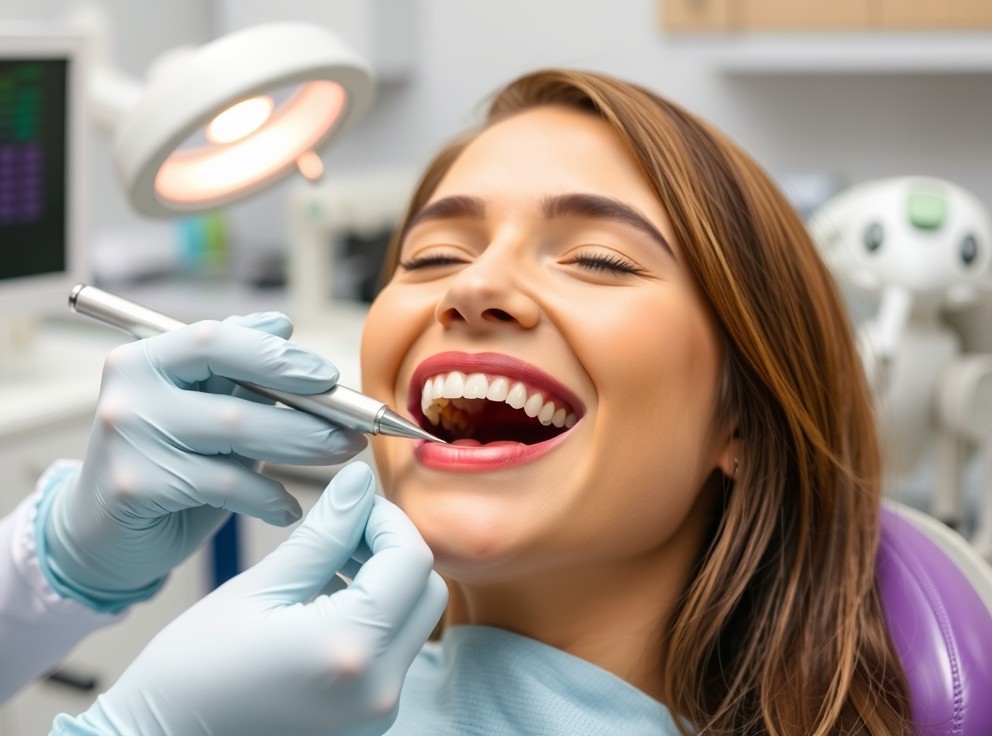
Tips for Maintaining Oral Health Between Visits
- Brush twice a day with fluoride toothpaste.
- Floss daily to remove plaque between teeth.
- Use mouthwash to reduce bacteria.
- Limit sugary foods and beverages.
- Avoid smoking and stay hydrated.
- Consult your dentist if you experience any oral discomfort.
FAQ
- How often should I get my teeth professionally cleaned?
- Most people should schedule a cleaning every six months, though those with specific oral health issues may need visits every three to four months.
- Is professional teeth cleaning painful?
- Professional cleanings are generally painless. Some patients may feel mild discomfort if tartar buildup is heavy, but dentists use numbing gels if necessary.
- Does dental insurance cover teeth cleaning?
- Many dental insurance plans cover two preventive cleanings per year. Always check with your provider for your plan’s exact coverage details.
- Can I whiten my teeth during a regular cleaning?
- Teeth cleaning removes surface stains, but for whitening, you may need additional cosmetic treatments such as bleaching or professional whitening kits.
